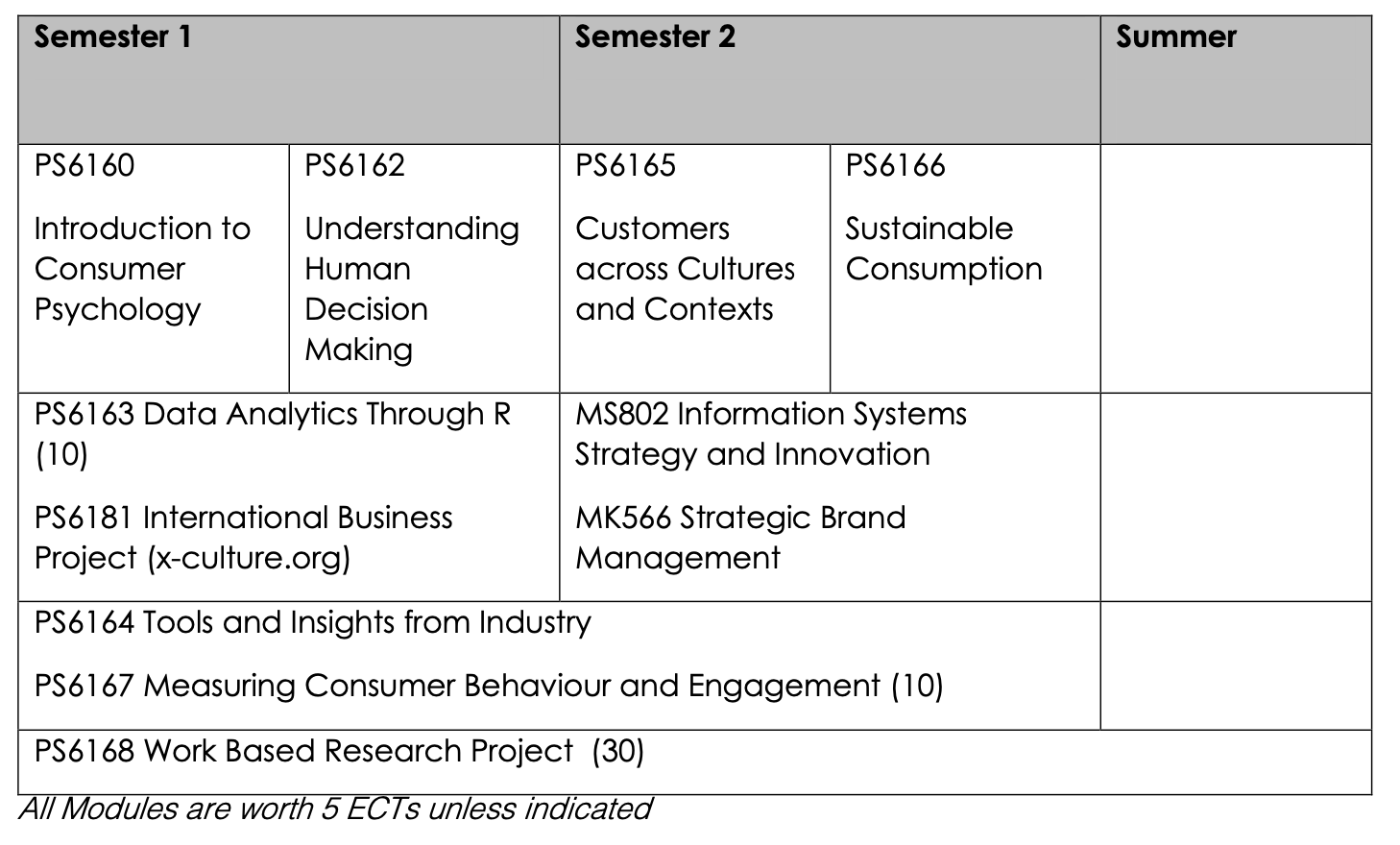-
Courses

Courses
Choosing a course is one of the most important decisions you'll ever make! View our courses and see what our students and lecturers have to say about the courses you are interested in at the links below.
-
University Life

University Life
Each year more than 4,000 choose University of Galway as their University of choice. Find out what life at University of Galway is all about here.
-
About University of Galway

About University of Galway
Since 1845, University of Galway has been sharing the highest quality teaching and research with Ireland and the world. Find out what makes our University so special – from our distinguished history to the latest news and campus developments.
-
Colleges & Schools

Colleges & Schools
University of Galway has earned international recognition as a research-led university with a commitment to top quality teaching across a range of key areas of expertise.
-
Research & Innovation

Research & Innovation
University of Galway’s vibrant research community take on some of the most pressing challenges of our times.
-
Business & Industry

Guiding Breakthrough Research at University of Galway
We explore and facilitate commercial opportunities for the research community at University of Galway, as well as facilitating industry partnership.
-
Alumni & Friends

Alumni & Friends
There are 128,000 University of Galway alumni worldwide. Stay connected to your alumni community! Join our social networks and update your details online.
-
Community Engagement

Community Engagement
At University of Galway, we believe that the best learning takes place when you apply what you learn in a real world context. That's why many of our courses include work placements or community projects.
MSc in Consumer Psychology
MSc in Consumer Psychology

Photo credit: Carl Dwyer (https://www.dwyer.de/)
Introduction
Click here for information on how to apply, entry requirements, career options and assessment.
Consumer psychology is the study of how we relate to the transaction of goods and services we use every day. In the MSc in Consumer Psychology, we train students to become practical and powerful problem-solvers in a variety of industry and organisational contexts. You will be ready to identify insights from consumer theory and data analysis and you will be conscious of the constraints on solutions (cultural concerns, sustainability) in your context.
Our interdisciplinary programme is based in the School of Psychology at University of Galway and integrates contributions from our Ideas Lab, the Irish Centre for High Performance Computing and the J.E. Cairnes School of Business & Economics. You will work on global virtual teams solving business problems through X-Culture and learn from guest lecturers from local and international companies and organisations.
We help you to learn how to identify and communicate decision-grade information and tangible solutions. This will empower you to improve yourself, your organization and society. Our graduates work in a variety of settings including consumer research, sales, recruitment.
Want to Learn More?:
- Entry requirements:
- How to apply
- Program outline:
- Why study this program?
- Employment & Career Opportunities
Download the course handbook: MSc Consumer Psychology Student Handbook 2022-23
Entry requirements:
Applicants will require a NQAI Level 8 degree, or equivalent, with a minimum classification of 2:2 in BA or BSc Psychology with Graduate Basis Membership of the Psychological Society of Ireland OR 2.1 or above in a psychology-related discipline. Graduates from other disciplines (e.g. Commerce, Accounting, Economics, Data Science, Mathematics, Marketing, or Business) whose degrees contain at least one module of taught statistics, mathematics and/or research methods and have a 2.1 or above can also apply.
About the course:
MSc (level 9)
Duration 1 year (or 2 years part time)
EU Fees: €9000 p.a. 2021/22; NON EU €15,550 p.a. 2021/22
How to Apply:
Guidelines on the requirements for applying to this course, which include an academic reference, a current CV, and a critical appraisal of past work (CAPW), can be found at: https://www.universityofgalway.ie/courses/taught-postgraduate-courses/consumer-psychology.html
Closing date:
Closing date for receipt of completed applications and all supplementary documents are available at the Admissions Office website for the programme. Applications are considered on a rolling basis and the course may filled prior to this date.
Contact Information/Enquiries to:
Dr Denis O’Hora, School of Psychology, Tel +353 91 49 5126 Email: denis.ohora@universityofgalway.ie
Program outline:
Students will take 60 ECTS of modules in Semesters 1 and 2. Across these semesters and into Semester 3, they will undertake a group project addressing a consumer issue identified by an external organization. In this project, they will put their research skills into practice by designing and executing a piece of original research relevant to the field of consumer psychology and producing a series of relevant outputs including a literature review, pitch document, poster presentation and a research report.
Design Rationale
The MSc in Consumer Psychology has a layered structure. The duration of the modules increases from 6 weeks, to one semester, to two semesters, to year-long. The intention of this structure is to provide focus on certain content topics, the content of which can be incorporated within skills modules, enabling progress in a capstone project that integrates these contributions into a workplace- focused contribution. The four six-week modules focus on topics that build upon one another by addressing critical theoretical topics (e.g., human decision making) in greater detail and exploring the concepts in more applied contexts to highlight how contexts transform and constrain application (e.g., through cultural and sustainability influences).
Why study this program?
Data-driven decision making is critical in today’s economy. Consumer psychology is the study of how we relate to the transaction of goods and services we use every day. How do we decide to purchase a particular item? Are we willing to pay for a service? How does advertising affect our response to a new or established product? Do consumers make better choices when provided with clearer information?
Nesta (2017) forecasted the skills needed in the future industrial marketplace in The future of skills: Employment in 2030. They emphasised the role of interpersonal skills, higher-order cognitive skills and systems skills and related knowledge, such as psychology and anthropology. They also highlighted skills related to system thinking — the ability to recognise, understand and act on interconnections and feedback loops in sociotechnical systems — such as judgement and decision making, systems analysis and systems evaluation.
Understanding consumer behaviour is crucial to the success of any enterprise whether commercial or non-profit. It requires knowledge of consumer psychology theories, collecting and interpreting consumer data and opinions and developing meaningful interactions with consumers. The MSc in Consumer Psychology will provide you with an important competitive advantage: the ability to make and support more insightful business decisions that integrate a deeper understanding of human psychology.
Employment & Career Opportunities:
Industry is more data-focused than ever before. However, as the amount of data is increasing, it becomes ever more difficult to extract relevant signal from irrelevant noise. Some companies feel that they are “drowning in data”. McKinsey in May 2011 pointed out that only 20% of the data collected by companies is unique and the rest is duplicated. Every second, the haystack gets bigger and the needles are harder to find.
Many companies are "drowning in data". They need employees who understand consumers and the market in order to design tests to collect the data that matter for organisational decisions. You will refine and isolate decision-grade information. To do this, you require the combination of psychology, business and data skills provided in this programme.
Our programme also focuses on developing sustainable empathetic relationships with consumers, whether they are retail consumers, industry buyers or service users. Our focus on sustainability is three-fold; we consider environment, economy and community. In each of these three areas, our enterprise should maintain and enhance the current situation, driven by questions such as “Will our planet support our enterprise?,” “Will our enterprise preserve and benefit from the economy in the longer term?,” “Are we enhancing our community?,” “Who will support our enterprise?”. Building empathetic and respectful relationships with our consumers is essential, commercially and ethically. Geo-political changes such as Brexit or the Belt and Road initiative will require employees who understand where their consumers come from, literally and figuratively.



















